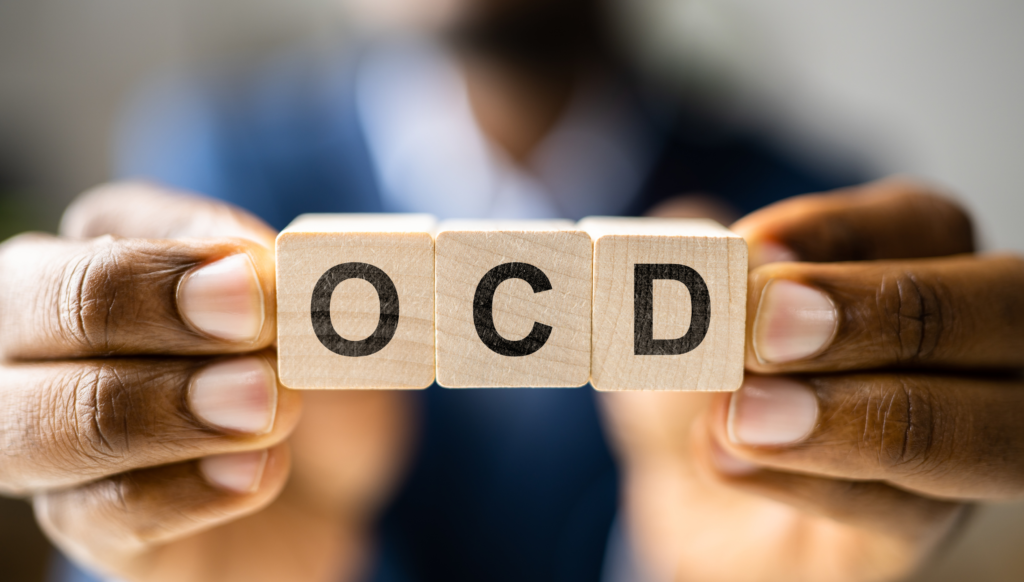In any relationship, it’s normal to seek love, attention, and reassurance. However, when these needs become overwhelming or excessive, they can lead to neediness, which can strain the relationship. Feeling “needy” isn’t something to be ashamed of—it’s often a reflection of deeper emotional needs. In this blog, we’ll explore what it means to be needy, the signs of neediness in relationships, common causes, and actionable steps to heal and cultivate healthier connections.
Signs of Being ‘Needy’ in a Relationship
Neediness can manifest in various ways, and recognizing the signs is the first step toward healing. Below are common behaviors that indicate you might be feeling needy in your relationship:
Constantly Seeking Reassurance
You often need to ask your partner if they love you or if everything is okay in the relationship. While occasional reassurance is normal, feeling like you constantly need validation can point to emotional insecurity.
2. Over-Texting or Calling
If you find yourself frequently texting or calling your partner throughout the day to check in, it may be a sign of neediness. While communication is vital, constant checking in can overwhelm your partner.
3. Feeling Anxious When Apart
Do you get anxious when your partner is away from you? Whether they’re out with friends or at work, you might worry about them leaving or losing interest. This anxiety is a common sign of emotional dependency.

4. Difficulty Making Decisions Alone
Do you struggle to make decisions without consulting your partner for everything? Whether it’s what to eat for dinner or which outfit to wear, always needing their input may be a sign of dependency.
5. Fear of Conflict
People who fear conflict or disagreement might avoid sharing their true opinions with their partner to maintain peace. While avoiding conflict may seem like a solution, it can lead to unhealthy communication patterns.
Causes of Being ‘Needy’ in Relationships
Neediness doesn’t come from nowhere. It is often rooted in deep emotional insecurities, past experiences, or childhood attachment styles. Understanding the causes can help you work through the issue effectively.
Low Self-Esteem
Low self-esteem is one of the most significant causes of neediness. When you don’t feel confident or secure in yourself, you may rely on your partner for constant validation to feel worthy.
Fear of Abandonment
The fear of being left or abandoned is a powerful emotional force. If you’ve experienced emotional neglect or rejection in the past, this fear may drive you to cling to your partner for reassurance.
Past Trauma
Past relationship trauma, whether from emotional abuse, manipulation, or betrayal, can make you anxious about future relationships. This trauma may manifest as neediness because you’re constantly seeking safety and reassurance.
Attachment Styles
Your attachment style, formed during childhood, significantly impacts how you behave in relationships as an adult. People with an anxious attachment style are more prone to feeling needy because they crave closeness and fear rejection.
Lack of Boundaries
When boundaries aren’t established, it can lead to unhealthy dependence on your partner. Without clear emotional boundaries, you may expect your partner to fulfill all of your emotional needs, leading to neediness.
How to Heal from Being ‘Needy’
Healing from neediness in relationships involves working on your emotional independence, self-esteem, and communication skills. Below are steps to help you overcome feelings of neediness and create healthier relationships:
Acknowledge and Accept Your Feelings
The first step toward healing is recognizing and accepting your feelings of neediness. Denying or ignoring these emotions only makes them stronger. Acknowledging them gives you the power to change.
Build Self-Confidence
Self-esteem is at the core of emotional independence. Work on building your self-confidence by setting personal goals, celebrating small wins, and learning to love yourself. The more secure you feel in yourself, the less you’ll need external validation.
Establish Healthy Boundaries
Setting boundaries is essential in any relationship. Discuss with your partner what behaviors or needs feel excessive, and establish limits that give both of you the space to maintain your individuality.
Engage in Activities Outside the Relationship
Pursue hobbies, interests, and friendships outside of your relationship. By developing a life outside your partner, you’ll gain emotional independence and reduce your reliance on them for validation.
Address Past Trauma with Professional Help
If past trauma is contributing to your neediness, seeking therapy can be incredibly beneficial. A therapist can help you process your emotions, resolve past traumas, and develop healthier attachment patterns.
Communicate Openly with Your Partner
It’s crucial to talk openly about your feelings with your partner. Share your concerns and insecurities, and work together to find solutions that help you both feel secure in the relationship.
Practice Mindfulness and Self-Compassion
Mindfulness helps you stay present and reduce anxiety about your relationship. Practice being kind to yourself and recognizing when your emotions are rooted in insecurity rather than reality.
The Role of Communication in Addressing Neediness
Open communication is a cornerstone of any healthy relationship. If you’re struggling with neediness, it’s important to discuss these feelings with your partner. Clear communication helps your partner understand where you’re coming from and allows both of you to work on solutions together.
- Be Honest but Gentle: Share your feelings without placing blame on your partner.
- Discuss Expectations: Clarify what you both expect from each other in terms of emotional support and communication.
- Listen to Your Partner’s Perspective: Understand how your behavior may affect them, and work on finding a balance that supports both of your emotional needs.
Practical Tips for Developing Emotional Independence
Cultivating emotional independence doesn’t mean you stop caring about your partner. It simply means you rely less on external validation and more on your inner strength. Here are some practical tips:
- Journal Your Thoughts: Writing down your thoughts can help you process emotions and identify patterns of neediness.
- Set Daily Affirmations: Begin each day by affirming your worth, independent of your relationship.
- Engage in Solo Activities: Whether it’s reading a book, taking a walk, or engaging in a hobby, find activities that you enjoy doing alone.
- Surround Yourself with a Support Network: Cultivate friendships outside of your romantic relationship to build a strong support system.
Conclusion
Being “needy” in relationships doesn’t make you weak or unworthy. It simply reflects emotional needs that have not been fully addressed. By recognizing the signs of neediness, understanding the underlying causes, and taking steps to heal, you can foster healthier, more balanced relationships. Developing self-confidence, establishing boundaries, and communicating openly with your partner are all essential steps toward emotional independence.





